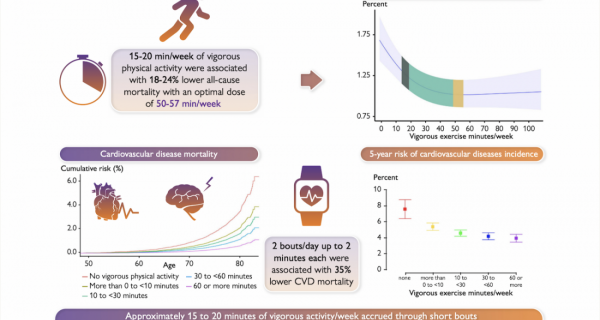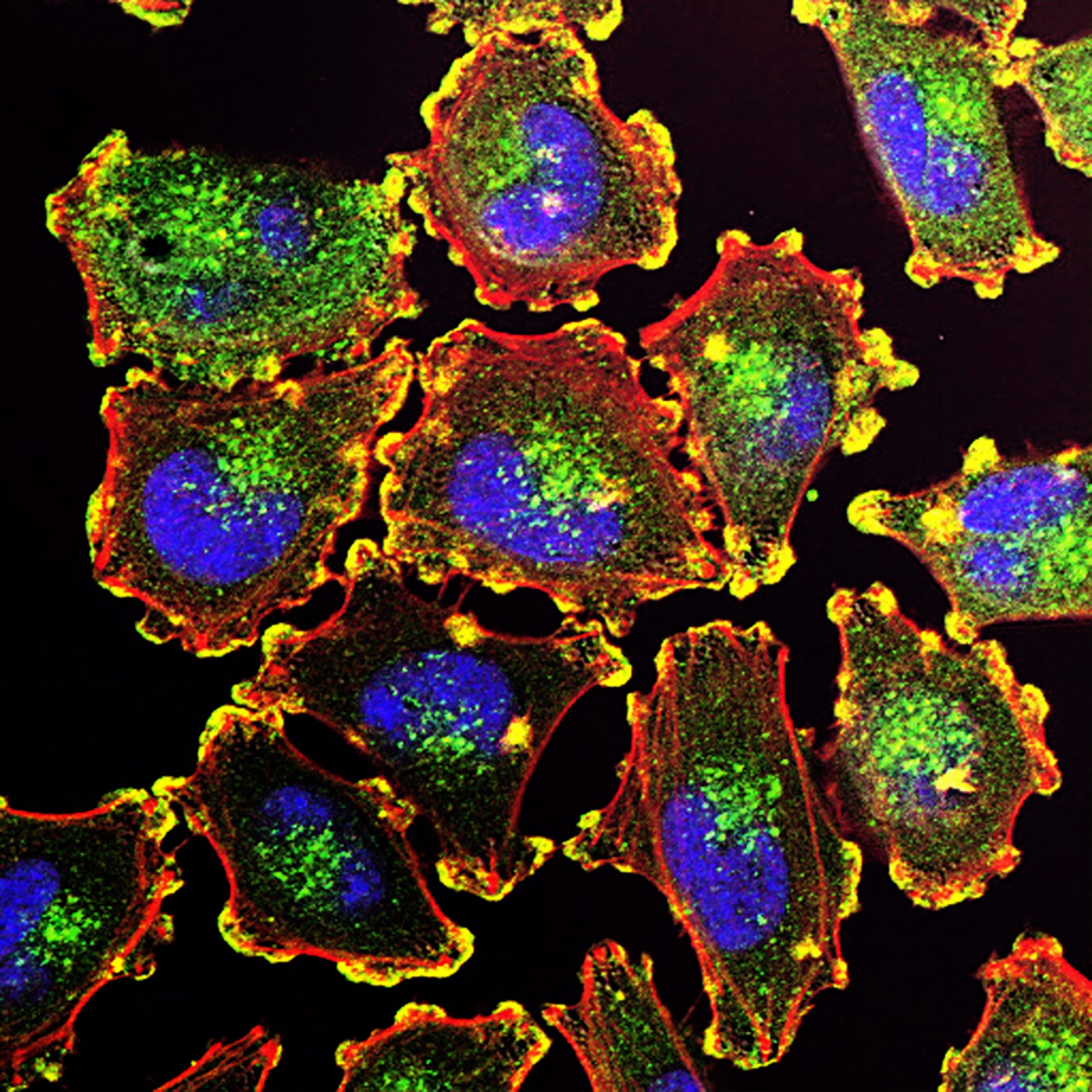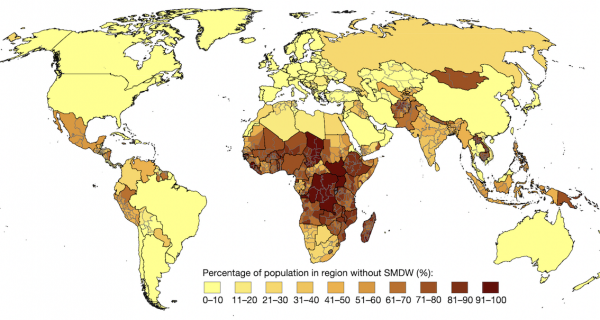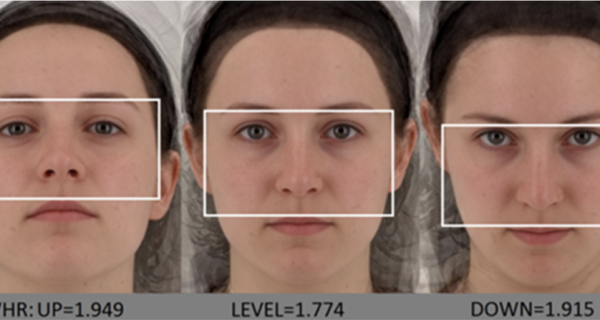Coffee lovers rejoice: Higher caffeine concentrations in blood may reduce adiposity and type 2 diabetes risk, study finds
The results in a new study led by researchers at Imperial College London showed that higher genetically predicted blood caffeine levels were associated with lower body weight (BMI) and lower risk of type 2 diabetes.

Coffee is one of the most widely consumed beverages in the world, with billions of cups consumed daily. It is well known for its stimulating effect due to the presence of caffeine, a psychoactive substance that affects the central nervous system. Although coffee has been linked to various health benefits, its effect on metabolic diseases such as obesity, type 2 diabetes, and cardiovascular diseases is still unclear.
Recently, a study published in BMJ Medicine investigated the potential causal effects of long-term plasma caffeine concentrations on adiposity, also known as obesity, type 2 diabetes, and major cardiovascular diseases. The study used a two-sample Mendelian randomization design, which is a method that utilizes genetic variants to explore causal relationships between exposures and outcomes.
The study found that higher genetically predicted plasma caffeine concentrations were associated with lower body mass index (BMI) and whole body fat mass. Specifically, for every standard deviation increase in plasma caffeine, there was a beta of -0.08 SD (95% confidence interval -0.10 to -0.06) for BMI and a beta of -0.06 SD (-0.08 to -0.04) for whole body fat mass. However, no association was found between plasma caffeine and fat-free mass.
In addition, higher genetically predicted plasma caffeine concentrations were associated with a lower risk of type 2 diabetes in two consortia, FinnGen and DIAMANTE, with a combined odds ratio of 0.81 (95% confidence interval 0.74 to 0.89). Interestingly, approximately 43% of the effect of caffeine on type 2 diabetes was estimated to be mediated through BMI reduction.
On the other hand, no strong associations were found between genetically predicted plasma caffeine concentrations and the risk of any of the studied cardiovascular diseases, including ischaemic heart disease, atrial fibrillation, heart failure, and stroke.
The study’s findings suggest that higher plasma caffeine concentrations might reduce adiposity and the risk of type 2 diabetes. However, the causal relationship between caffeine intake and these outcomes requires further clinical study to investigate its translational potential for reducing the burden of metabolic disease.
It’s worth noting that this study has some limitations. First, the study primarily focused on individuals of European ancestry, and therefore, the results may not be generalizable to other populations. Second, although the study used genetic variants associated with caffeine metabolism, other factors such as lifestyle and environmental factors may also influence the outcomes.
In conclusion, this study provides some evidence for the potential beneficial effect of caffeine on adiposity and type 2 diabetes. However, further research is needed to explore the underlying mechanisms and determine whether these findings can be translated into clinical practice.
Dr. Dipender Gill, senior author for the study, from Imperial College London’s School of Public Health, said: “These findings offer important insight into the potential causal effect of caffeine on adiposity [obesity] and diabetes risk. However, further clinical study is warranted before individuals should use these results to guide their dietary preferences.”









































































